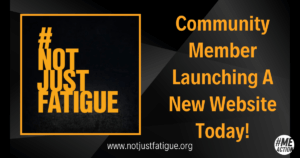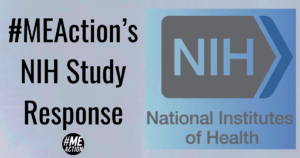“Post-Exertional Malaise & Graded Exercise Therapy in ME/CFS” Primer, December 2017
A member of #MEAction Network Australia has written a primer, outlining the flaws in the graded exercise therapy (GET) research and explaining why GET is likely to be harmful for people with ME/CFS.
The primer has been endorsed by Emerge Australia Inc and infectious disease specialist, Dr John Whiting. It was submitted to the Australian Senate during the most recent Senate Estimates, in October 2017, has been sent to the President of the Royal Australian College of General Practitioners, as well as several Australian politicians, and has been used by patient advocates in meetings with politicians in Australia and Ireland.
Now it is being made available for patients to download and give to their health professionals, or attach to their applications for disability support.
Key points in the primer:
1. PEM, not fatigue, is the cardinal feature of ME/CFS.
2. GET research uses broad diagnostic criteria that doesn’t require PEM for diagnosis and, instead, focuses on fatigue. In order to be studying ME/CFS, study participants must experience PEM, but there is no way of knowing how many (if any) participants in GET studies do.
3. GET research primarily uses subjective outcome measures, which are subject to bias. When objective outcome measures are used, evidence does not support the use of GET for ME/CFS.
4. GET research has been criticised for inadequate reporting of harm. Patient surveys indicate that many patients experience harm from GET treatment.
5. Despite the flawed nature of GET research, patients are routinely rejected from support services because ME/CFS is seen to be both temporary and treatable with GET, despite ME/CFS having a low recovery rate.
The document also includes a two page summary at the beginning, for those who are unable to read the entire document.
This primer is available on Emerge Australia’s website.

Home Test To Treat: Access Free Home Telehealth for Flu & COVID-19 Infections
#MEAction and Body Politic* are excited to collaborate with Home Test To Treat to share their critically important resource! Acute COVID-19 treatment and testing is unfortunately becoming harder and harder to access with the U.S. government public health emergency having been declared ended. The Home Test To Treat pilot program is a way to fill





4 thoughts on “Post-Exertional Malaise & GET in ME/CFS – a guide to the research”
This is an excellent resource, not only for patients to provide to their doctors but in efforts to get medical education providers globally to change their treatment recommendations. Kudos and thanks to Simone Eyssens
Thank you 👏😇🙏 I ditto what Mary Diamond said 👏 😇💞 I hope this go’s global 🌍 kind regards Debra Nice 💌
Mary Dimmock. Even though you are a Diamond ♦ Mary 💞💌
Made it through 10 weeks of GET, then had my most prolonged crash yet. If anyone is considering it, please don’t. Or at least make sure you’re specialist knows about CFS/ME. Mine didn’t know jack, and well, if they did I guess they wouldn’t be offering GET in the first place :-/
Comments are closed.